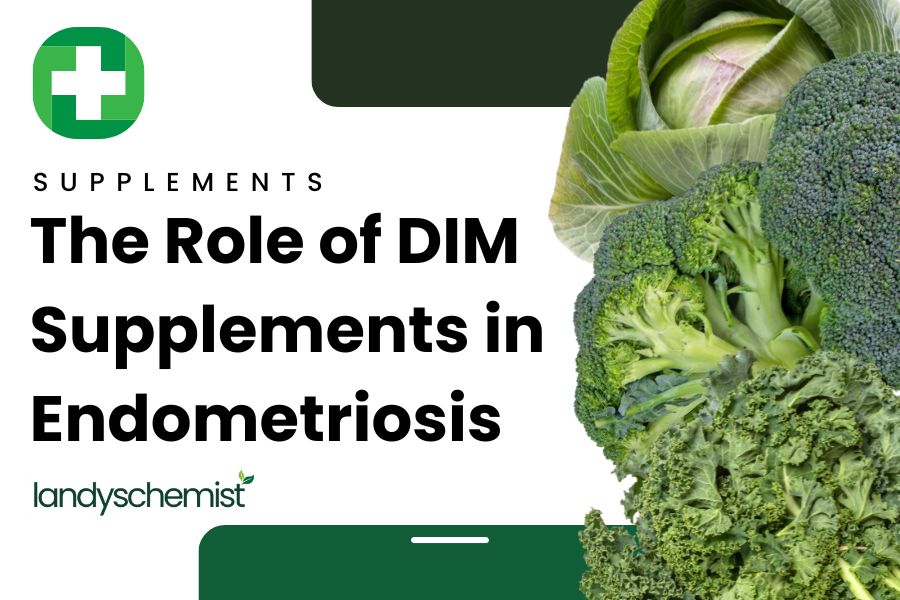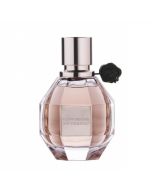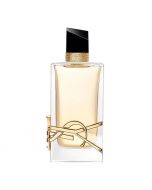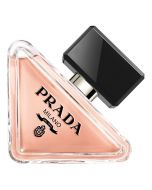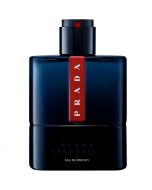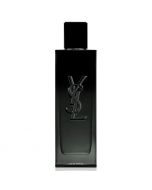
The Difference Between Parfum and Eau De Parfum
In recent years, the fragrance industry has witnessed a notable surge in the popularity of parfums, sparking curiosity about what sets them apart from their well-known counterpart, eau de parfum (EDP). Traditionally, eau de parfum has dominated the market, but parfums have emerged as a luxurious and long-lasting alternative. We'll unravel the differences of these two fragrances, shedding light on their composition, intensity, and the shift in consumer preferences that has spurred the rise of parfums. We also investigate the rise of terminology such as ‘elixir’ and ‘Extrait’ used to define fragrances.
Eau De Parfum:
Eau de parfum is a fragrant composition with a moderate concentration of perfume oil, usually around 15-20%, offering a lasting and distinct scent that strikes a balance between longevity and subtlety.
Parfum:
Parfum, often referred to as perfume, is the highest concentration of fragrance in the perfume classification system, typically containing 20-30% perfume oil concentration, resulting in a long-lasting and intense scent.
The Difference In Concentrations: Parfum vs Eau De Parfum
Perfume concentrations are a fundamental aspect of understanding fragrances, determining the intensity, longevity, and overall potency of the scent. Essential oils, derived from various natural sources like flowers, fruits, spices, and woods, constitute the core of fragrance compositions.
Parfum: In parfum, the highest concentration of these essential oils, typically between 20-30%, is used, resulting in an incredibly potent and long-lasting aroma. This rich concentration allows the scent to linger on the skin for an extended period, often well beyond 8 hours, and ensures a strong projection.
Eau De Parfum: While still rich in essential oils at approximately 15-20%, eau de parfum fragrances strike a perfect balance between longevity and subtlety. The slightly diluted concentration makes it more versatile for daily wear, providing a distinct fragrance that lasts roughly 5-8 hours, making it suitable for a variety of occasions.
Which One Is Right For You?
The choice between parfum and eau de parfum ultimately comes down to personal preferences in terms of fragrance intensity and longevity. Parfum offers a luxurious and potent option for those seeking a bold and enduring scent, perfect for special occasions. On the other hand, eau de parfum strikes a harmonious balance, catering to everyday wear with a lasting and pleasant fragrance.
Discover our range of parfum and eau de parfum fragrances for both men and women here.
Elixir: Stronger Than Parfum?
Alongside the growth of parfum fragrances, we have also noticed a rise in other types of fragrance names such as “Parfum Extrait”, “Extrait de Parfum”, “Perfume Extract”, “Pure Parfum", and “Elixir”. These fragrances are typically more concentrated than your eau de parfum (EDP), just like parfum. These fragrances often fall in between eau de parfum and parfum with a perfume oil concentration between 15% to 30%, although the exact concentration can vary based on the brand and product.
Summary
- Fragrance Industry Trend: Recent surge in parfum's popularity prompts comparison with eau de parfum, traditionally dominant in the market.
- Concentration Distinction: Parfum boasts 20-30% perfume oil, delivering a potent and enduring aroma, while eau de parfum offers a balanced 15-20% concentration for versatile usage.
- Choosing Your Scent: Personal preference determines the choice between the bold, long-lasting parfum, ideal for special occasions, and the balanced eau de parfum, suitable for everyday wear. Additionally, the emergence of elixirs, falling in between these concentrations, adds to the fragrance landscape.
By Rhysa Phommachanh, Head of Digital, BA (hons) Specialist Hair and Media Makeup



